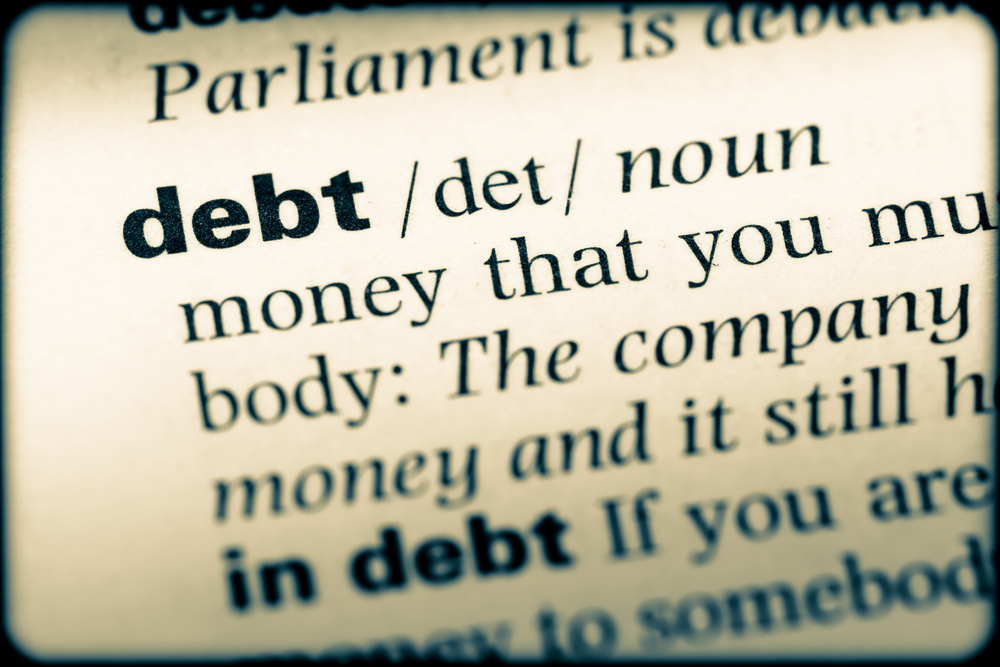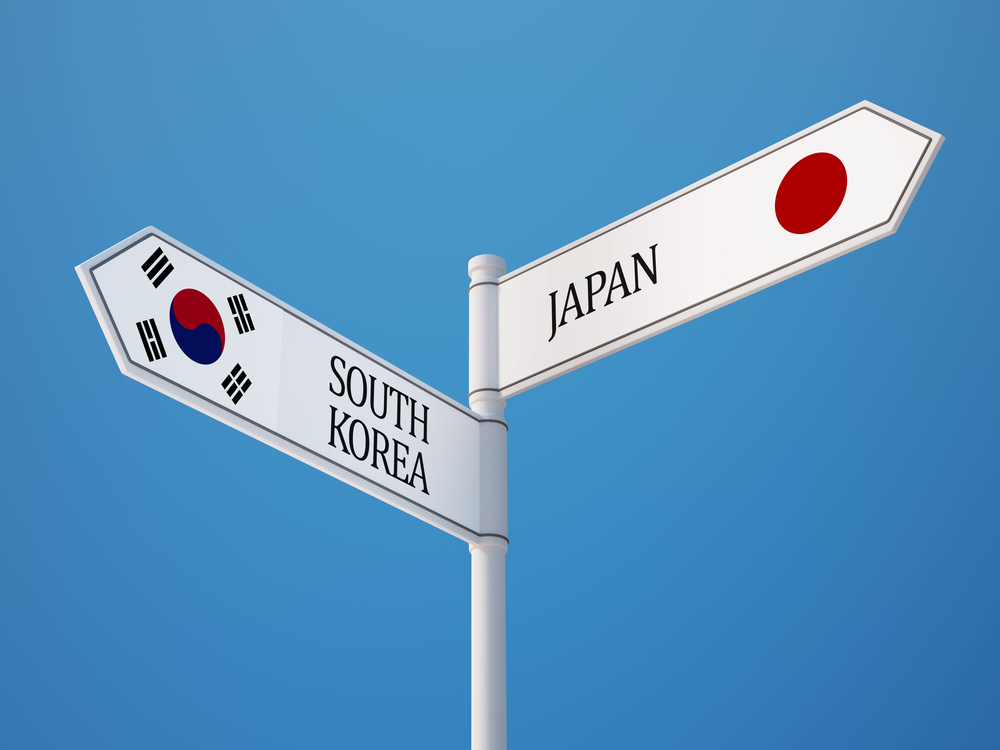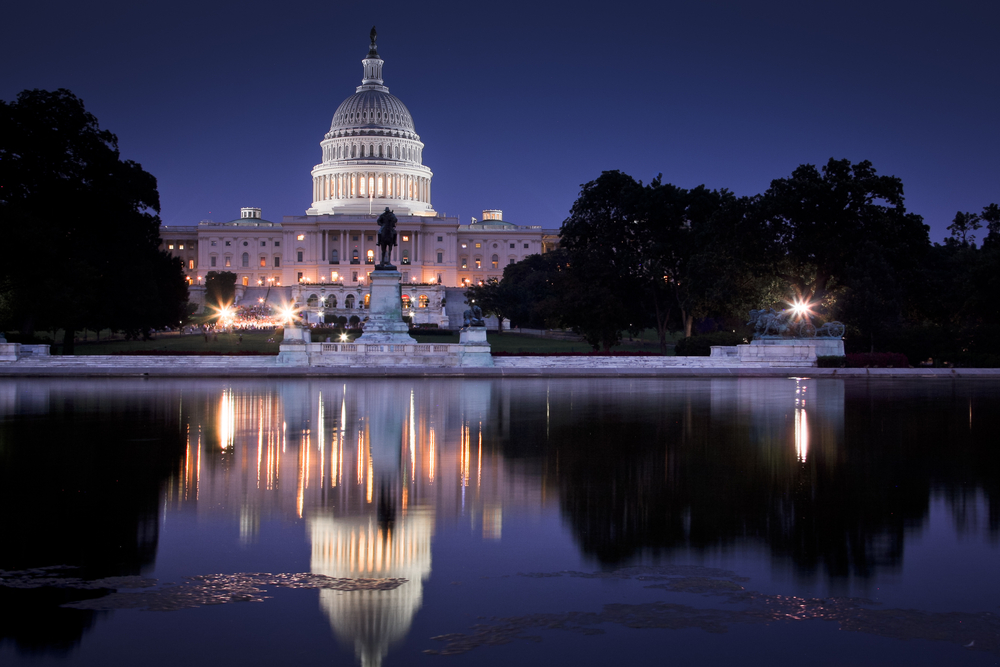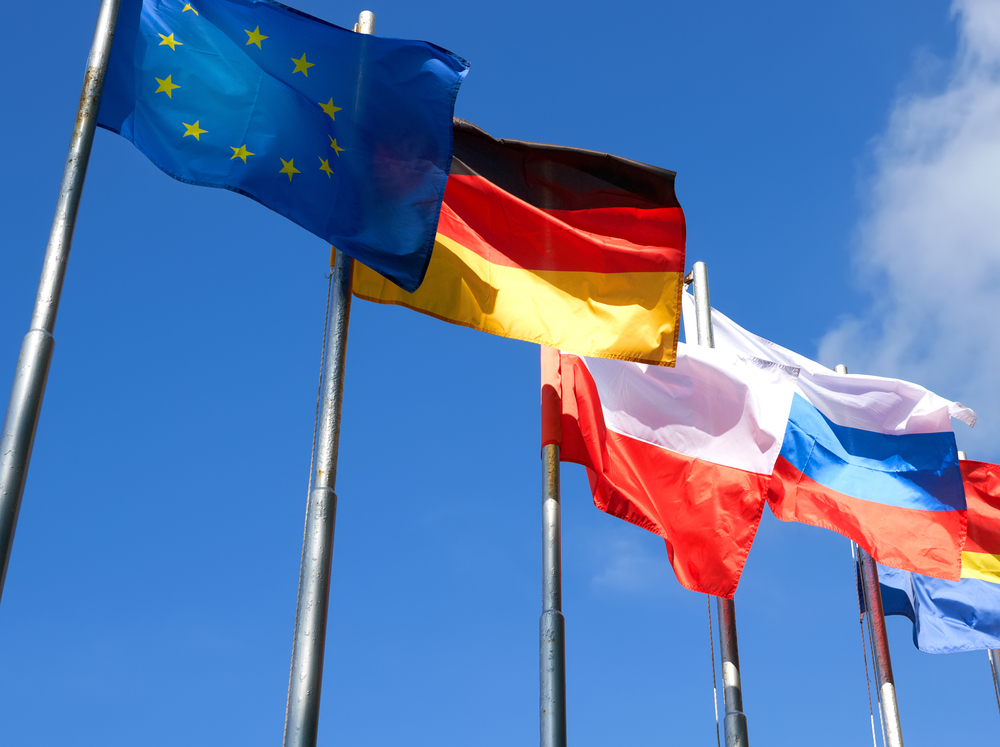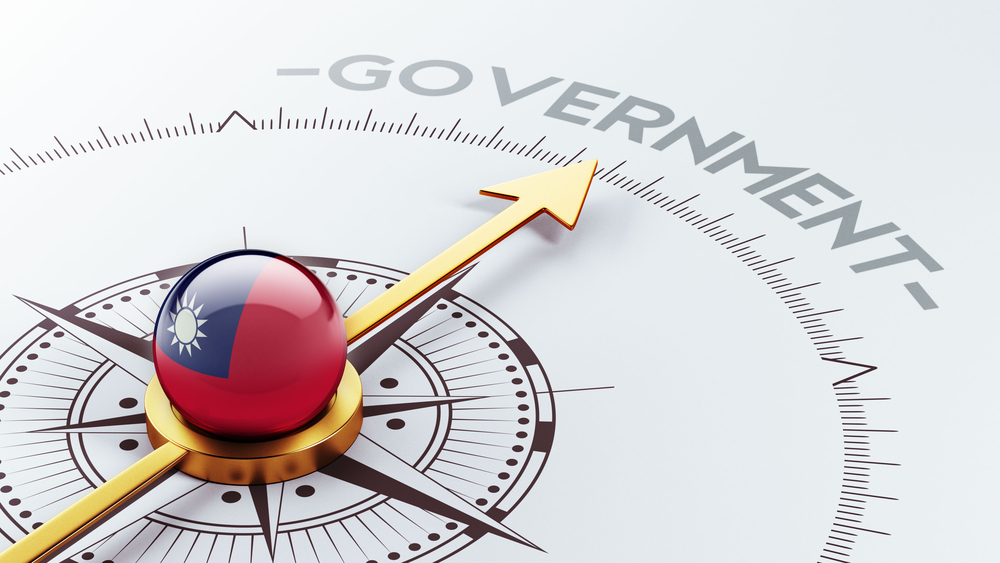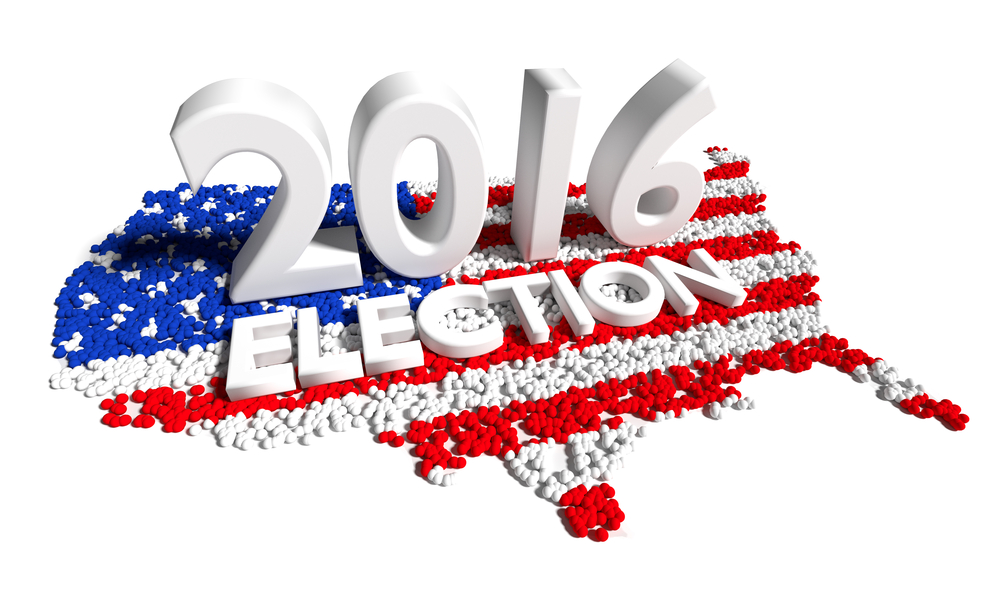When Housing Policies Go Bad
Lack of affordable housing is a serious policy concern in many countries. In large prosperous cities such as London, New York, Beijing, or Tokyo, the affordability crisis is particularly acute. In these cities, households often live in excessively expensive and...
Building a Bigger Budget Deficit
Christmas came early for Congress this year as politicians from both sides of the aisle came together to pass – by wide margins – a US$1.8 trillion package of tax cuts and new spending. At year-end, Washington seemed awash in...
When Political Risk Trumps Economic
The international media spent 2015 criticising South Korean President Park Geun-hye’s government and its policies, and the criticisms are visibly increasing in frequency. The topics range from history textbooks to excessive use of force by riot police, but they share...
The U.S. can Ill Afford a Divided Japan-South Korea
When ‘unthinkable’ events happen, they can change the course of history. The bilateral agreement reached by South Korea and Japan over ‘comfort women’ on 28 December 2015 was one such ‘unthinkable’ event. South Korea had few incentives to resolve an...
Meanwhile, Congress Battles Among Themselves
The focus of most investors is the rate decision by the Federal Reserve tomorrow. Since the central bank completed its asset purchase program at the end of last year, a rate hike has been understood as a matter of time. ...
Japan’s Hashimoto Practices Unconventional Politics
The results of the November 2015 ‘double election’ for the Osaka Prefectural governor and Osaka City mayor are in. The regional Osaka Ishin no Kai candidates won both positions with huge margins, defeating their rivals — including those supported by...
Part of Abe’s Third Arrow Takes Aim at Governance
As part of Abenomics’ third arrow of structural reform, Japan recently adopted a new corporate governance code. The new code focuses on making Japanese corporations more transparent, more responsive to shareholders — including minority shareholders — and subject to more...
France an Example of Europe’s Governance Challenge
With the ECB poised to take additional steps down the unorthodox monetary policy route, financial and economic forces are as potent as ever. However, there is a subtle shift, taking place that few seem to recognize. It is the re-emergence...
Grabbing Hands Grab All the Land
Behind the impressive growth of the world’s two largest emerging nations, China and India, land has been a key infrastructural resource as well as a major source of social conflicts. Laws in both countries have allowed the governments to take...
Did Ma Meet Xi for His Political Legacy?
Taiwanese President Ma Ying-jeou met with Chinese President Xi Jinping in the first ever meeting between the leaders of the two countries on 7 November 2015 in Singapore. The timing of the meeting is interesting and controversial. President Ma is...
The Iberian Peninsula Grabs Headlines
The US dollar is firm within fairly narrow ranges that have prevailed this week as the market consolidates its recent gains. Draghi's comments to the European Parliament are similarly dovish in tone to the October post-ECB press conference. Sterling posted...
Despite its Popularity, American Socialism has Distinct Challenges
It took the excitement generated by the political campaign of a self-described socialist, Bernie Sanders, to put into stark relief the extent to which the United States political system fails to reflect and respond to the aspirations of most Americans....
Buddhist Nationalism Changes Course in Myanmar
The upcoming general elections in Myanmar raise the question of religion’s role in democratisation processes. Previously Buddhism has been an important force in favour of democracy, but in the 2015 election campaign strong Buddhist forces are supporting the military-aligned Union...
GOP Debate: Someone Has to Win, Right?
Republican presidential candidates debated a range of economic issues in their third debate, from what to do about Medicare and social security to tax policy and even a brief exchange on daily fantasy sports. The moderators became part of the...
Bashing Drug-Makers for Short-term Political Gain has Risks
At Tuesday’s Democratic debate, they asked candidates to name the enemies they are most proud of making. Front-runner Hillary Clinton’s answer? Drug companies (along with the National Rifle Association, “the Iranians” and Republicans). At Tuesday’s Democratic debate, they asked candidates...


